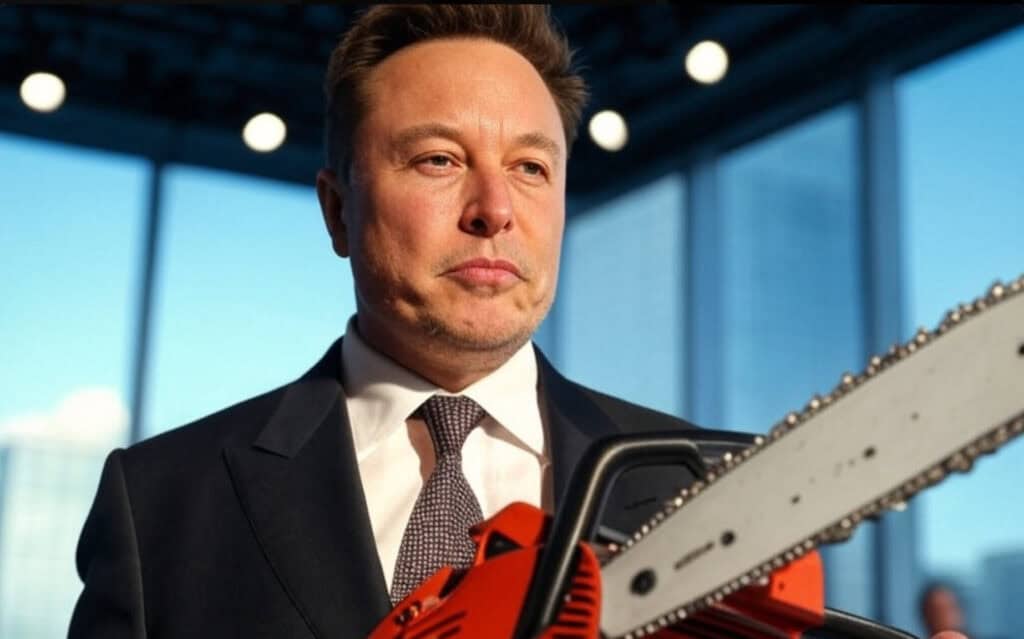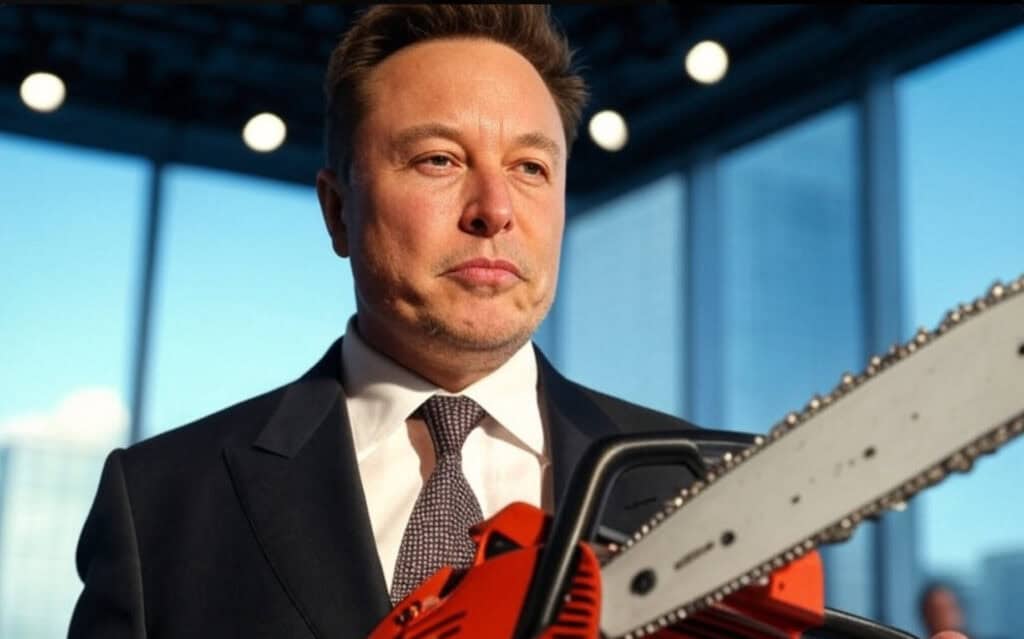The world of HR is on the cusp of a revolution. As I recently discovered during a week-long visit to London, where I met with dozens of companies, the overwhelming majority of discussions revolved around the implications of Artificial Intelligence (AI) within HR and beyond.
CEOs and CFOs are putting intense pressure on HR teams to automate processes, enhance their services, and reduce headcount using AI. While AI is known for driving growth and scale, the current focus is on ‘productivity projects,’ a euphemism for downsizing. The reality is that many companies are overstaffed due to inefficient hiring practices and resource allocation.
The Problem of Inefficient Work Design
A staggering example comes from a large advertising company with 100,000 employees and over 60,000 job titles, indicating that almost every job is custom-made for an individual. This lack of standardization and structure is not only inefficient but also hampers productivity. The traditional models of productivity design, such as call centers and shared services, are becoming obsolete in the era of high-powered multi-functional AI agents.
The Need for Smarter Work Design
To maximize the ROI from AI tools, companies need to become more intelligent about work design. This involves understanding workflows, identifying areas for automation, and implementing AI effectively. Most companies already have productivity systems in place but lack the discipline to use them efficiently.

Elon Musk’s ‘first principles’ approach suggests starting from scratch and hiring only essential personnel. While this may work for small companies, larger organizations need to rethink their support services and operational structures.
The Impact on HR
HR’s role is to build processes, expertise, and advisory services around people processes, including hiring, development, management, and support. As companies focus on productivity, HR must be involved in re-engineering and implementing AI. A well-run HR team typically maintains a 1:100 ratio with the company size.
HR’s Identity Crisis
With AI capable of handling 50-75% of HR’s current workload, the function is facing an identity crisis. HR must adapt by redesigning its operations, leveraging AI for transactional and administrative tasks, and focusing on higher-value activities.
Becoming Superworkers
As AI transforms HR, professionals will need to evolve into ‘Superworkers’ – consultants who manage and train AI systems and possess real-time insights into company strengths and weaknesses. The key is to proactively re-engineer HR functions rather than waiting for vendors to provide solutions.
Redesigning HR Operations
Companies like Chipotle have already seen significant benefits from AI-based recruitment systems, improving both speed and quality of hiring. HR teams must take the lead in redesigning their operations to work effectively with AI.
Conclusion
The future of HR is not about waiting for technology to evolve but about embracing change and driving it. By leveraging AI and rethinking work design, HR can not only survive but thrive in this new era. As AI continues to transform the workplace, HR professionals must be at the forefront, guiding their organizations toward a more productive and efficient future.


